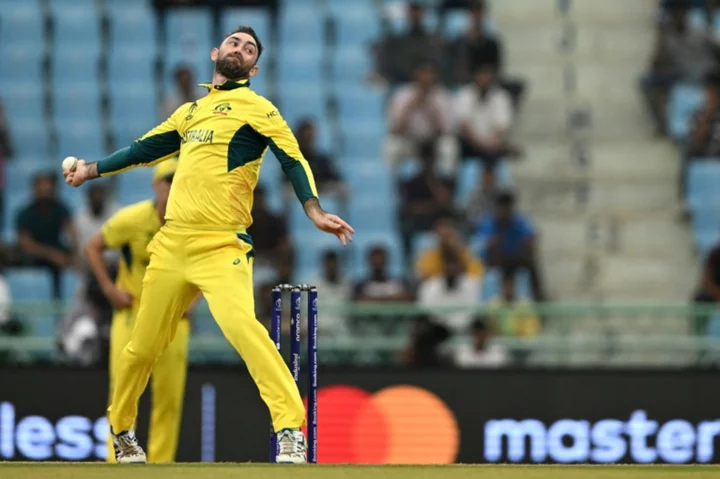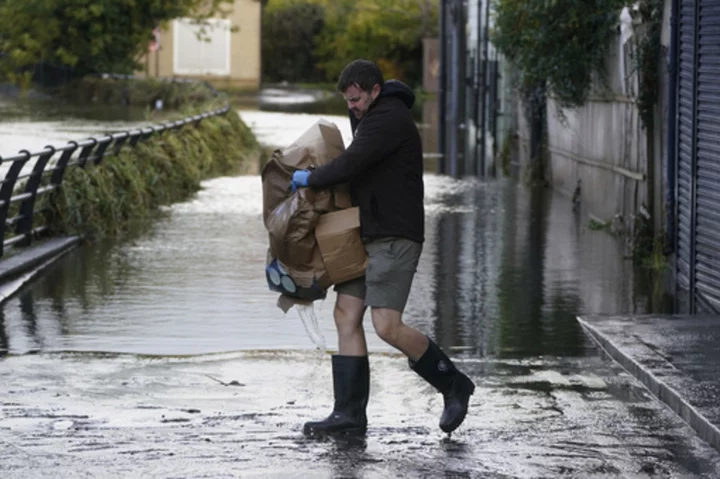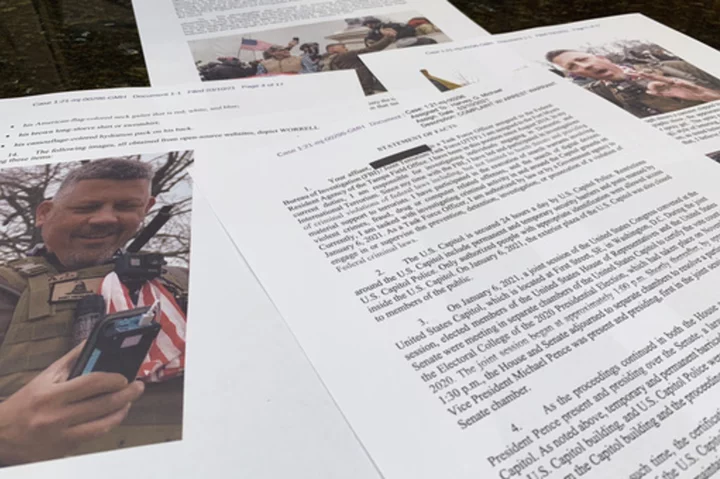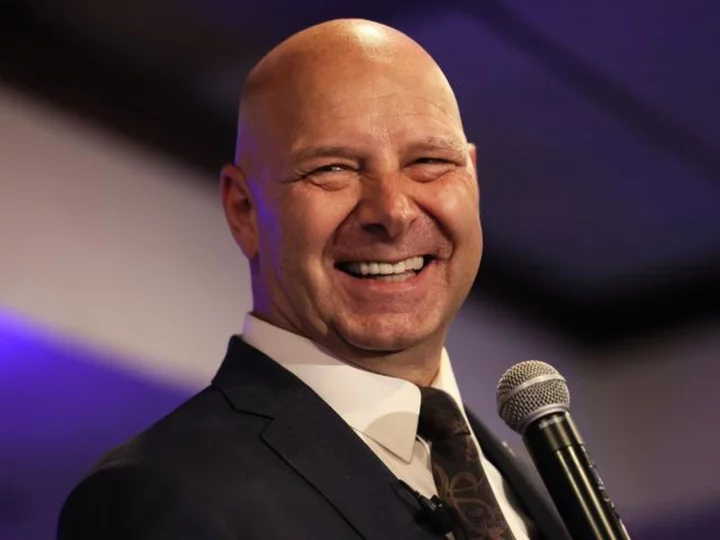Spain's football federation on Tuesday apologised for the "totally unacceptable behaviour" of Luis Rubiales over his World Cup kiss and fired the team's controversial coach as part of an overhaul.
The apology came more than two weeks after the 46-year-old RFEF boss sparked worldwide outrage when he forcibly kissed Spain midfielder Jenni Hermoso during the medal ceremony after Spain defeated England in the final on August 20.
In a letter signed by its interim president Pedro Rocha, the RFEF offered its "most sincere apologies... for the totally unacceptable behaviour of its highest institutional representative during the final of the FIFA Women's World Cup 2023 and in the moments that followed".
Although the kiss drew condemnation from across the footballing world and beyond, prompting FIFA to suspend him, it was another eight days before the RFEF called for Rubiales to stand down as its president.
But he has refused to resign, defending the kiss as "just a peck" which he claimed was consensual -- which Hermoso completely denies.
"The damage caused to Spanish football, to Spanish sport, to Spanish society and to the values of football and sport as a whole has been enormous," the RFEF said in extending the apology to FIFA, UEFA "and especially the players of the Spanish national women's team".
Shortly afterwards, the federation announced it was firing Jorge Vilda, who had served as coach to the national team since 2015.
"The Royal Spanish Football Federation... has decided to dispense with the services of Jorge Vilda as sports director and women's national team coach," the RFEF said in a statement.
The 42-year-old was known for being close to Rubiales and his dismissal had been widely expected after he was seen applauding a belligerent speech in which the football boss refused to resign and railing against "false feminism".
The RFEF said his dismissal was "the first of a string of restructuring measures" aimed at improving the governance in the wake of the scandal, which has exposed what critics say is a deep-rooted misogyny within Spanish football.
Vilda came under fire a year ago after 15 national players said they would not wear the La Roja shirt while he remained as coach, pointing to incidents under his leadership that were affecting their performance on the pitch.
RFEF offered no criticism of Vilda, saying only he had been "key to the remarkable growth of women's football and that had left Spain as world champions and second in the FIFA rankings".
- 'Not the RFEF's position' -
On the day of the final, the RFEF had initially put out a statement quoting Hermoso as saying the kiss was "a natural gesture of affection and gratitude".
Rubiales offered a cursory apology but later toughened his stance in his defiant speech to the RFEF on August 25, prompting Hermoso to issue her own statement saying the kiss was not consensual and had left her feeling "vulnerable" and like "the victim of an assault".
A day later, the federation accused her of "lies" over the incident, and threatening legal action against her in a statement that was subsequently taken down.
In its apology, the federation said Rubiales' statements after the incident were "inappropriate and meaningless" and "not (the position) of the RFEF" which was "saddened and embarrassed" by the distress they had caused.
"The actions of Mr. Rubiales do not represent the values defended by the Spanish federation... and must be attributed solely and exclusively to him, since he is the only one responsible for his actions before society, before the sporting bodies and, if applicable, before the courts."
The RFEF said it had opened an investigation into his actions in order "to ensure that such behaviour is not repeated".
It had also committed to conducting "a thorough review of all policies and procedures of the organisation".
And it pledged to present "in the coming days a whole set of actions to improve the governance of the Spanish football federation and to repair, as far as possible, the damage caused" -- the first of which was the firing of Vilda.
burs-hmw/nr









